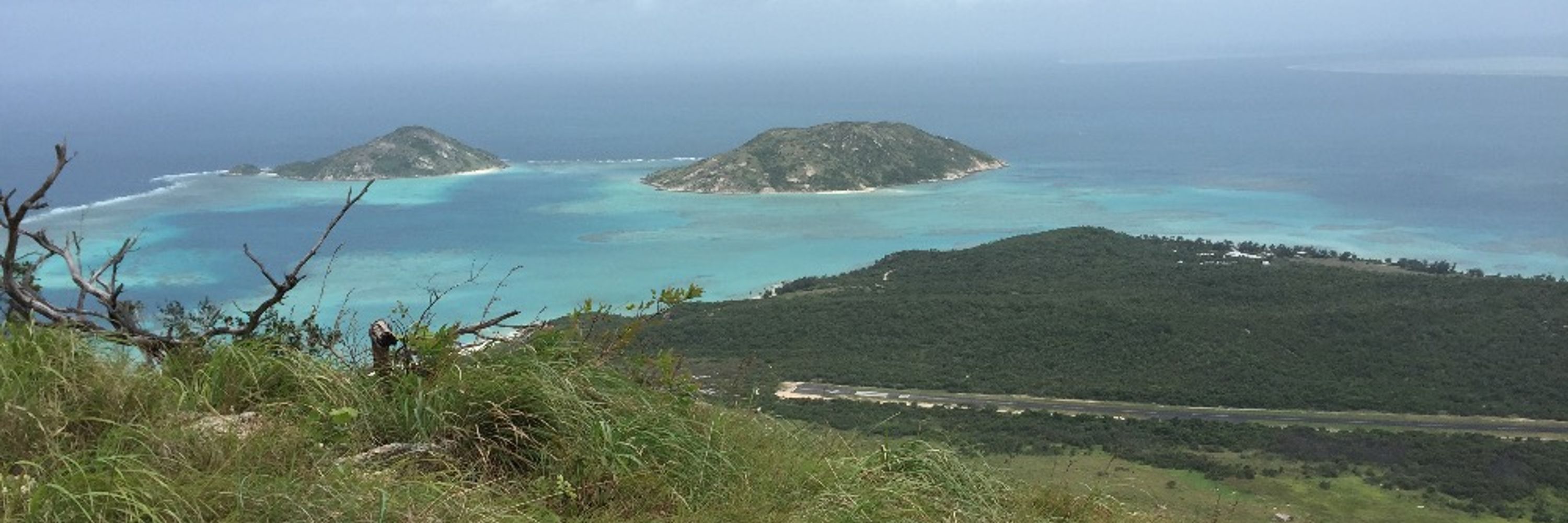
Ecologist of the frontiers... Prof at University of Western Australia & posting on ecology, conservation, academic life.


Reposted by Graeme S. Cumming, Robert Wolfe

MOSTLY INACTIVE: Carbon Brief analysis of the “global mutirão” text finds 69 inactive verbs, requiring no action, against 32 active verbs.
1/4
Reposted by Graeme S. Cumming, David N. Thomas

Ecosystem accounting through first nations’ lenses: Integrating the SEEA-EA and Indigenous knowledge systems
open access link: link.springer.com/article/10.1...
Reposted by Graeme S. Cumming, Julie L. Lockwood


www.pnas.org/doi/full/10....
Reposted by Graeme S. Cumming, Juan Rocha

vist.ly/4d2fu
#BiodiversityLags #ColonisationExtinctionImbalance #DiffusionMaps #ExtinctionDebt #LongtermMonitoring #WaddenSea
Reposted by Tuomas Mattila

Reposted by Graeme S. Cumming, David N. Thomas

The gendered costs of human–wildlife conflict: A global systematic review
Open access link: link.springer.com/article/10.1...
🔗 doi.org/10.1111/ddi....

Reposted by Graeme S. Cumming, Daniel Hering

🔗 doi.org/10.1111/ddi....
Reposted by Graeme S. Cumming, Paul Caplat

Reposted by Graeme S. Cumming

link.springer.com/article/10.1...



Reposted by Graeme S. Cumming

rdcu.be/eMTV2?utm_ca...



Reposted by Graeme S. Cumming, Euan G. Ritchie




😟 are very/extremely concerned about biodiversity issues
☹️ think gov performance at Federal & State/Territory level is terrible/poor/average
💪 want action (96%)
💪 support pro-biodiversity policies
Reposted by Garry Peterson

www.nature.com/articles/s41...

Reposted by Graeme S. Cumming
This new analysis finds urban greening is "associated with a wide range of positive health outcomes including improved physical and mental health, increased physical activity, improved childhood development, and reduced exposure to harms."

Reposted by Graeme S. Cumming

#Climate
#Forests
#TropicalRainforests
#Australia
#Amazon
Reposted by Graeme S. Cumming, Julie L. Lockwood

www.nature.com/articles/s41...

Over half (approx 56%) occurred in #ProtectedAreas or #biodiversity hotspots, demanding urgent #conservation action 🌍
www.nature.com/articles/s41...
Reposted by Graeme S. Cumming, Dawn J. Wright, Adrian Vickers


Reposted by Graeme S. Cumming
#papernautilus #symbiosis #muavestinger #🐙 #🪼 #blackwater #blackwaterphotography #blackwaterdiving #chrisgug #gugunderwater #gug #kumejima #okinawa #marinelife
Reposted by Graeme S. Cumming


